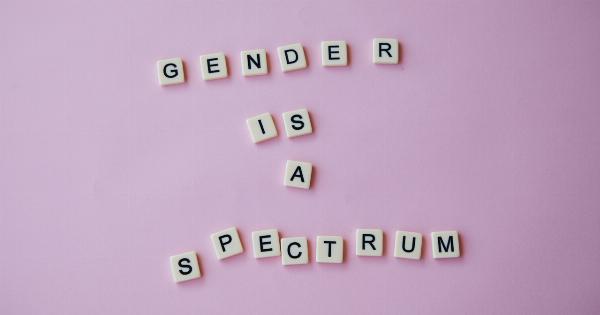Alcohol consumption has been a part of human social activities for centuries. Often, drinking is associated with having fun, letting off steam, partying, and celebrating.
However, alcohol consumption can also lead to adverse effects, such as loss of control, blackouts, aggression, accidents, and addiction. This article explores the science behind losing control while drinking and the factors that contribute to the loss of self-control.
The Brain on Alcohol
Alcohol affects several regions of the brain that regulate behavior, emotions, and cognition. When you consume alcohol, it bathes the neurons in your brain in a flood of dopamine, a neurotransmitter associated with pleasure and reward.
Dopamine release is responsible for the initial feelings of euphoria and relaxation associated with drinking.
However, alcohol doesn’t only activate pleasure centers of the brain. It also suppresses areas that regulate inhibitions, self-control, reasoning, and judgment.
Specifically, alcohol affects the prefrontal cortex, the part of the brain responsible for decision-making, impulse control, and social behavior. Studies have shown that alcohol impairs prefrontal cortical activity, leading to irrational behavior, emotional outbursts, and impulsive decision-making.
The Effects of Intoxication
Intoxication is a state of being drunk or under the influence of alcohol. Intoxicated individuals often display symptoms such as slurred speech, loss of balance, impaired vision, memory loss, and decreased inhibitions.
Intoxication is caused by the accumulation of alcohol in the bloodstream, which affects the whole body, including the brain.
Intoxication can impair an individual’s decision-making ability, making them unable to make rational choices.
They may engage in risky or dangerous behaviors that they wouldn’t normally do if sober, such as driving under the influence, unprotected sex, fighting, or drug use.
When intoxicated, individuals may also experience blackouts, which are episodes of amnesia or memory loss.
During a blackout, an intoxicated individual can appear to be functioning normally, but they may not remember anything that happened during the blackout period. Blackouts occur due to the suppression of the hippocampus, a region of the brain that facilitates the formation of new memories.
Individual Differences
Not everyone who drinks alcohol loses control. Individual differences in alcohol metabolism, drinking patterns, and genetics can influence the effects of alcohol on the brain and behavior.
For instance, people who metabolize alcohol quickly tend to drink more without feeling the full effects of alcohol.
Women, who often have lower body weight and less water content in their bodies, can become intoxicated quicker than men who consume the same amount of alcohol. Similarly, drinking on an empty stomach increases the rate of alcohol absorption, leading to a quicker onset of intoxication.
Moreover, genetics can predispose individuals to lose control while drinking. Studies have shown that certain genetic variations affect the way the body metabolizes alcohol and the amount of dopamine released when consuming alcohol.
These genetic variations can influence an individual’s susceptibility to alcohol addiction, blackouts, and other adverse alcohol-related outcomes.
The Role of Environment and Social Norms
Environment and social norms also play a significant role in determining how much alcohol an individual drinks and the likelihood of losing control.
People are more likely to consume more alcohol in environments where alcohol is readily available, such as bars, clubs, and parties. Social norms, such as peer pressure, also influence how much alcohol individuals consume.
Moreover, cultural and societal attitudes towards alcohol can determine how people view alcohol and how much they consume. In some cultures, alcohol consumption is heavily stigmatized, leading to lower levels of alcohol consumption.
In other cultures, alcohol consumption is normalized, leading to higher levels of alcohol consumption.
Conclusion
Alcohol has a significant impact on the brain and behavior, leading to loss of control, blackouts, and other adverse effects.
The effects of alcohol consumption on individuals vary based on several factors, such as genetics, alcohol metabolism, drinking patterns, and environment. Understanding the science behind losing control while drinking can enable individuals to make informed choices regarding their alcohol consumption and reduce the risk of adverse outcomes.































